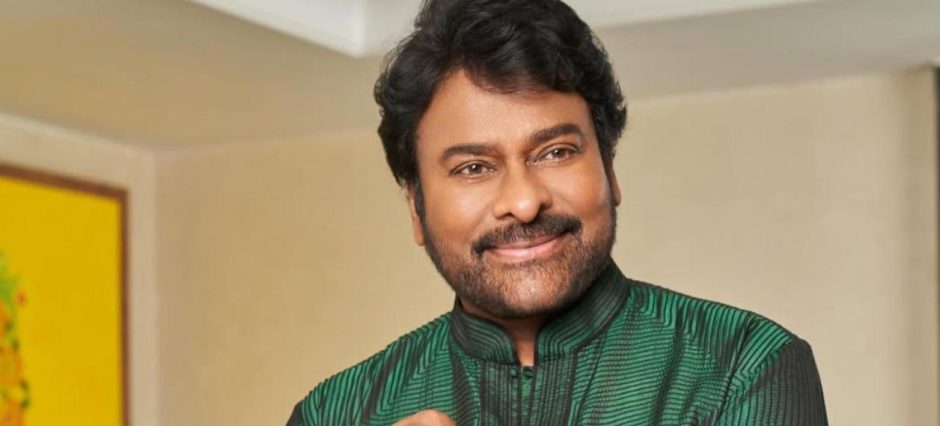Veteran South Indian actor Chiranjeevi has filed a formal complaint with the police after obscene AI-generated deepfake videos bearing his likeness went viral on social media. The actor condemned the misuse of artificial intelligence and called for strict action against those responsible for spreading such content.
According to reports, the fabricated videos surfaced earlier this week, showing digitally altered visuals falsely portraying the actor in inappropriate scenes. The videos quickly gained traction online, leading to widespread criticism from fans and the film fraternity.
In his official statement, Chiranjeevi described the incident as “deeply disturbing,” urging the authorities to trace the creators of the fake content. He emphasized that such acts not only harm personal reputation but also pose a serious threat to digital ethics and privacy.
Police officials have confirmed that an inquiry has been initiated to identify those behind the manipulated videos. Cybercrime units are now examining digital footprints and the origins of the uploads to take necessary legal action.
The issue of online misuse and lack of control over large public platforms has been widely discussed in India and Pakistan. Recently, at the University of Agriculture Faisalabad, a youth concert also spiraled out of control due to mismanagement, raising similar questions about accountability and oversight in public events. Havi concert chaos forces UAF to cancel music event
The case has also reignited debate across India about the dangers of AI deepfakes and the urgent need for stronger cyber laws. Celebrities, journalists, and social media users have previously fallen victim to similar acts of defamation using artificial intelligence tools capable of creating hyper-realistic fake videos.
Chiranjeevi’s complaint has drawn support from several Indian actors who urged the government to impose stricter penalties for deepfake-related crimes. Many also highlighted the need for public awareness to help people differentiate between real and AI-generated content.
As the investigation progresses, the incident serves as a reminder of how emerging technologies can be weaponized when left unregulated, threatening personal dignity and online safety.











